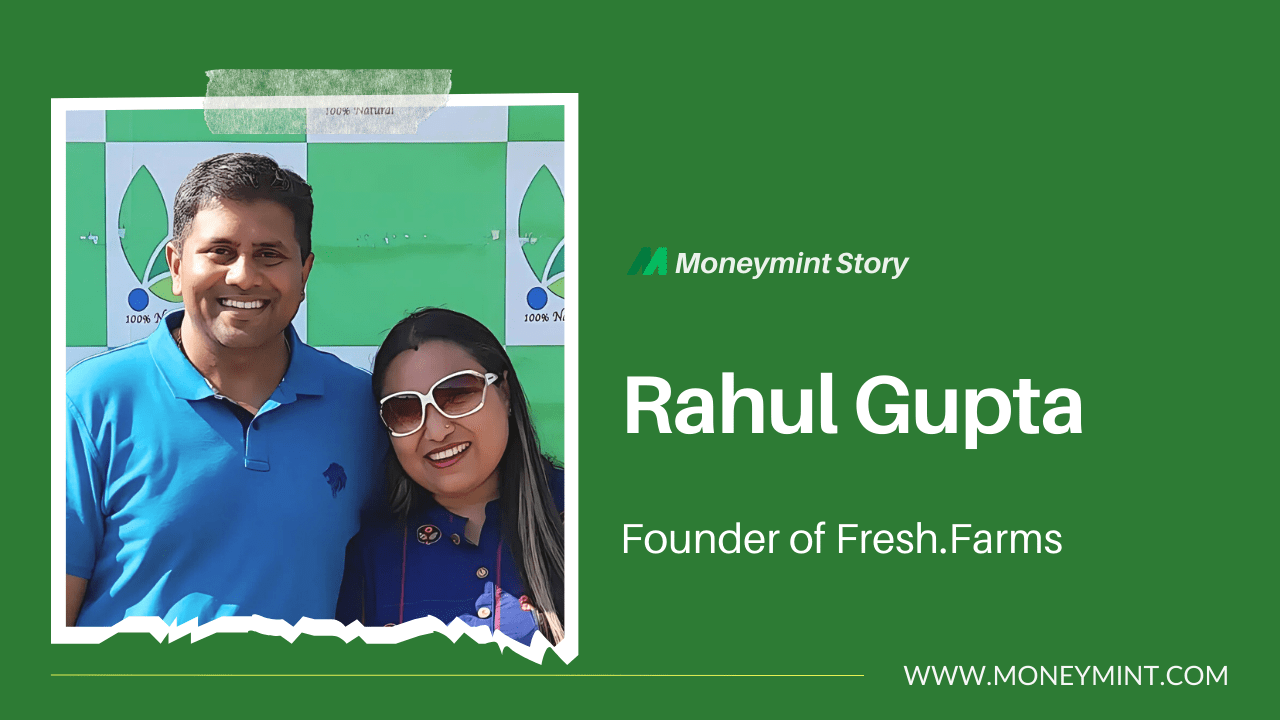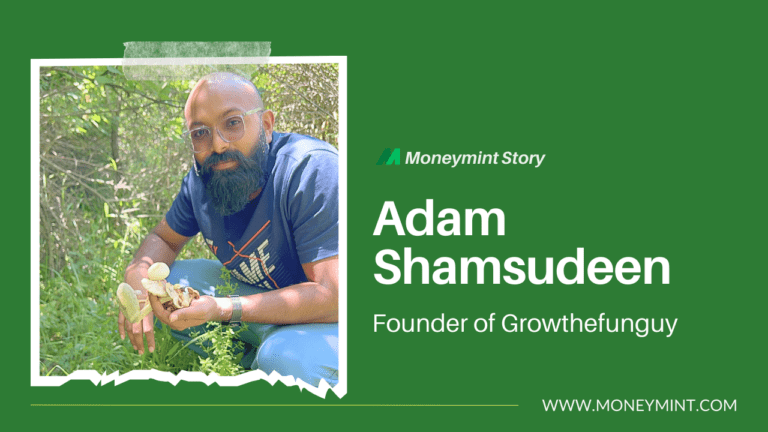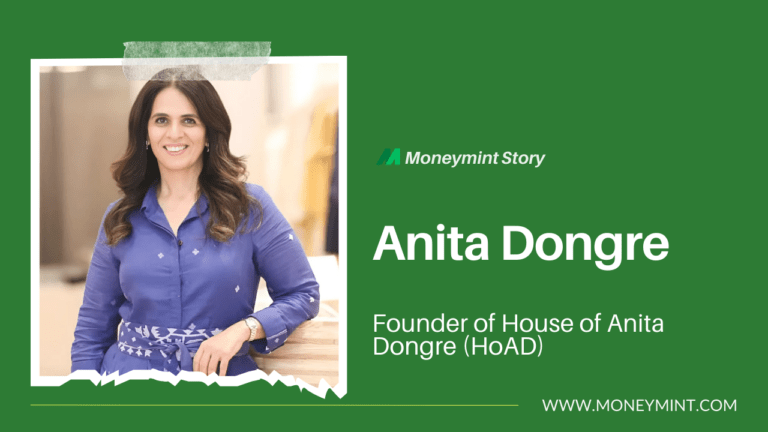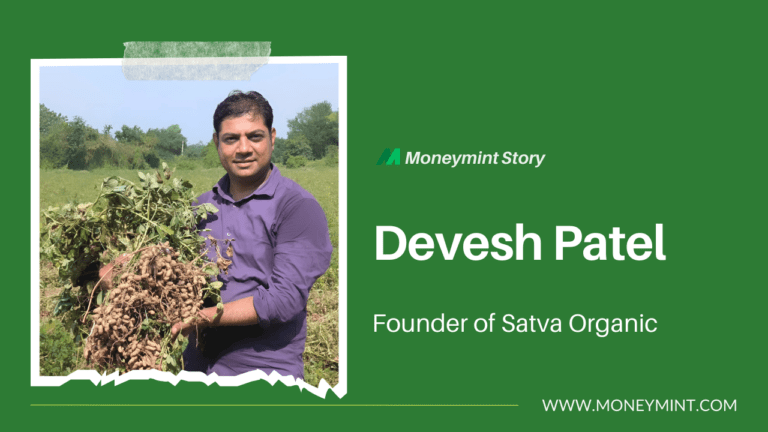Rahul Gupta, an MBA graduate from the University of Wales, UK started a farming business in Assam. He decided to pursue his passion for farming and started his business in 2018 in Tinsukia.
Early Life and Background
Rahul Gupta was born and brought up in Tinsukia, Assam. After completing his MBA, he started working at a credit rating agency, ICRA, in Kolkata for four years. But he got tired of corporate life and wanted to go back to his hometown in Assam.
He decided to do something of his own that could benefit people, especially at his birthplace. And soon, he quit his corporate job and began researching hydroponics (a method of growing plants in water with added nutrients instead of soil), and protected farming (a method of growing plants in controlled environment).
In 2018, Rahul built a hydroponics prototype by making holes in a 9-ft PVC pipe. He started growing eggplant, chili, and tomatoes. With good results, he was motivated to do more in his farming space.
After studying the market, he realized that protected farming would be better than hydroponics. WHY? Because the produce in protected farming is good at high market prices. Moreover, harvesting before the onset of the season results in premium benefits.
Commercial Cultivation of Vegetables
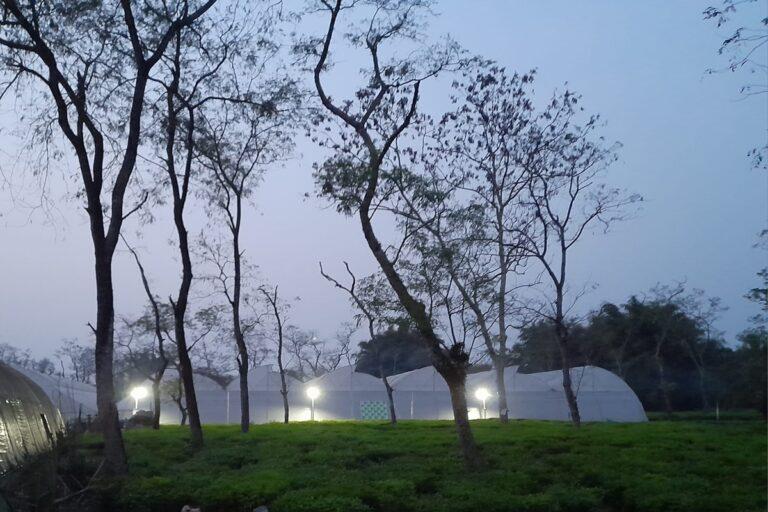
In late 2018, he set up his startup Fresh.Farms and began growing vegetables in a protected area with over 14,000 square feet. With reserving a small area for hydroponics, the major part of the land was reserved for protected farming.
He started with European cucumber and the output was good but marketing was challenging. People were not comfortable with buying seedless cucumber (what?), unfamiliar texture, and on top it was bright green. As a result, people called it Chinese cucumber.
Since the sales were not good, Rahul decided to distribute them free among daily wage workers, orphanages, old age homes, and tea estate workers.
Time to Change Plan
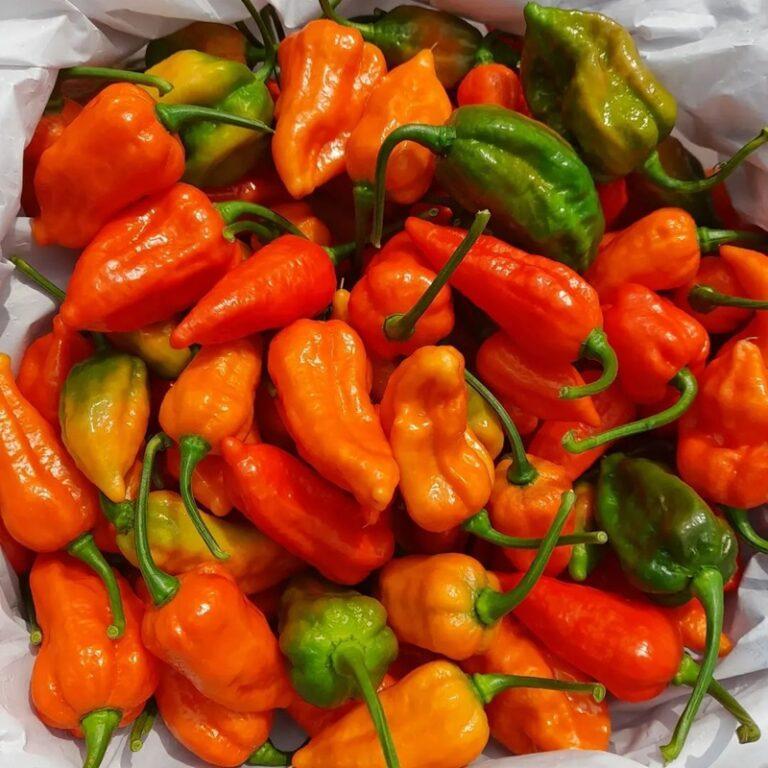
Due to the lack of market acceptability of cucumber, he decided to change his plan, and soon, in 2019, he started focusing on vegetables that were in high demand.
He now grows yellow and red bell peppers, capsicum, and tomatoes. Also, with hydroponic techniques, he grows leafy greens like mint, parsley, and basil over 1.5 acres of land (around 15%). By selling these vegetables, he now earns over Rs 30 lakh every year.
He reveals that due to bad weather conditions such as excessive heat, rain, wind, and more, crops are not secure in open farming. However, in protected cultivation, such risks are reduced, resulting in better quality and more crops.
Cost Effective Methods and Least Workforce
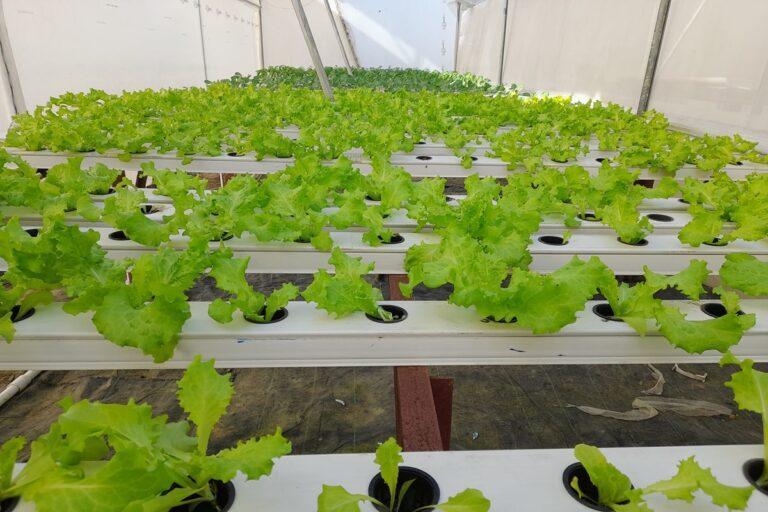
Adopting the Israeli method of protected farming, most of the processes are automated, thus operating costs are reduced. Thus, he only employs 2 farm workers.
Rahul buys seeds from the Netherlands for Rs 15 each to grow capsicum plants. He spaces the plants 1.5 feet apart, and they start flowering within 50 days and fruiting in 65 days with outputs per year:
- Green capsicum plants 5 kg
- Red and yellow bell peppers 3 kg
- Tomatoes 8 kg
Thus, annually Rahul’s Fresh.Farm generates more than 25,000 kgs of capsicum (with 5,000 capsicum plants). Eventually, selling per kg at Rs 60 he is earning around Rs 15 lakh from capsicum.
He sells vegetables directly to restaurants, local markets, and burger chains. For his excellent contributions to farming, he received the Assam Gaurav Award in April 2024 by Gulab Chand Kataria, the governor of Assam.
Now, he is planning to increase protection due to the rising demand.
Picture Credits: Fresh.Farms

